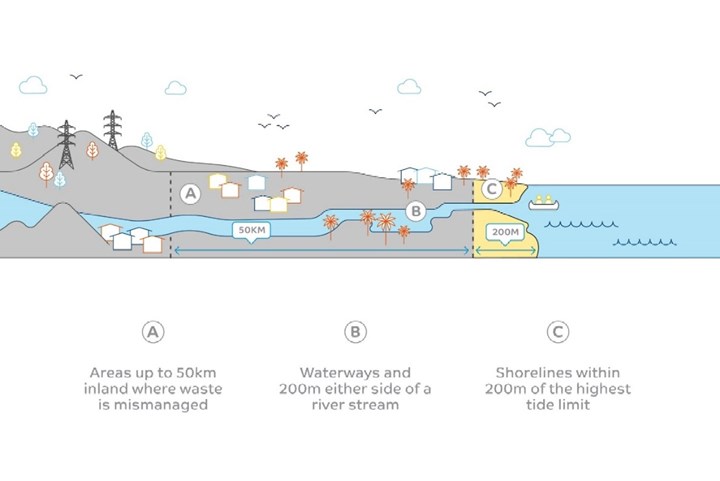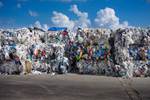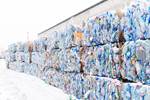SABIC Develops New Polymers from Recovered Ocean-Bound Plastics
Resin giant partnering with Malaysia-based plastic recycling company HHI on this initiative.
SABIC and Malaysia-based plastic recycling company HHI have announced a new collaboration to create the first certified circular polymers produced through the advanced recycling of recovered mixed and used ocean-bound plastic. The material will be used by SABIC’s customers to announce new products over the coming months. The material is recovered from ocean-feeding waterways and inland areas within a 50 kilometer radius of the ocean by HHI partners predominantly in Malaysia.
The recovered material is then sent to HHI, where they convert the used plastic into pyrolysis oil through an advanced recycling. The pyrolysis oil is then used by SABIC in their production process. The material has been certified under the Zero Plastic Oceans accreditation, and HHI is the first organization to have received certification confirming the materials it recycles qualify as ocean-bound.
“We are acutely aware of the challenges we face globally to stop plastic from becoming waste. Developing an entirely circular recycling system is a huge but necessary step we need to take together and will require all players across the value chain to collaborate. That’s why we’re committed to developing long-term solutions and working with new partners like HHI to significantly upscale the production of more sustainable materials, including those produced using recycled ocean-bound materials, for the benefit of our customers, society and the environment,” said Abdullah Al-Otaibi, general manager, ETP & market solutions at SABIC.
The circular polymers produced from ocean-bound plastic is part of SABIC’s TruCircle portfolio.

Ocean-bound plastic is material recovered from ocean-feeding waterways and inland areas within a 50 kilometer radius of the ocean. Photo Credit: SABIC
Related Content
-
General Polymers Thermoplastics to Further Expand Distribution Business
NPE2024: Following the company’s recent partnership buyout, new North American geographic territories are in its sight.
-
Evolving Opportunities for Ambitious Plastics Recycler
St. Joseph Plastics grew from a simple grinding operation and now pursues growing markets in recycled PP, food-grade recycled materials, and customized post-industrial and post-consumer compounds.
-
ICIS Launches: Ask ICIS Generative AI Commodities Assistant
Said to be the first of its kind, this AI assistant will enhance access to ICIS’ intelligence and insights for the energy and chemical markets.













